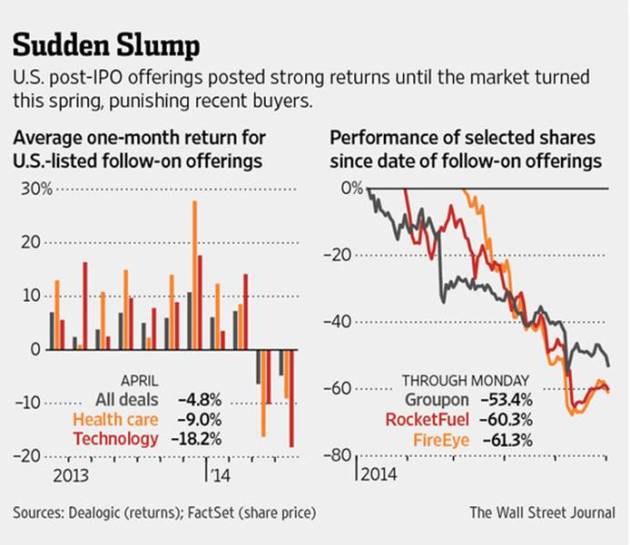Having started life selling calcium supplements from above a shop in provincial England, Shire has emerged three decades later as one of the most prized assets in the European healthcare sector
June 30, 2014 Leave a comment
June 23, 2014 9:39 pm
Shire a jewel in crown among drugmakers
By Andrew Ward, Pharmaceuticals Correspondent
Having started life selling calcium supplements from above a shop in provincial England, Shire has emerged three decades later as one of the most prized assets in the European healthcare sector.
On Friday, months of speculation over which big pharmaceuticals group would make the first move for Shire came to an end when AbbVie confirmed it had made a £27bn takeover proposal.
Flemming Ornskov, Shire chief executive, made clear on Monday that AbbVie – or any other suitor – would have to bid much higher than the latest £46.11 per share cash and stock offer made by the Chicago-based company. Read more of this post










